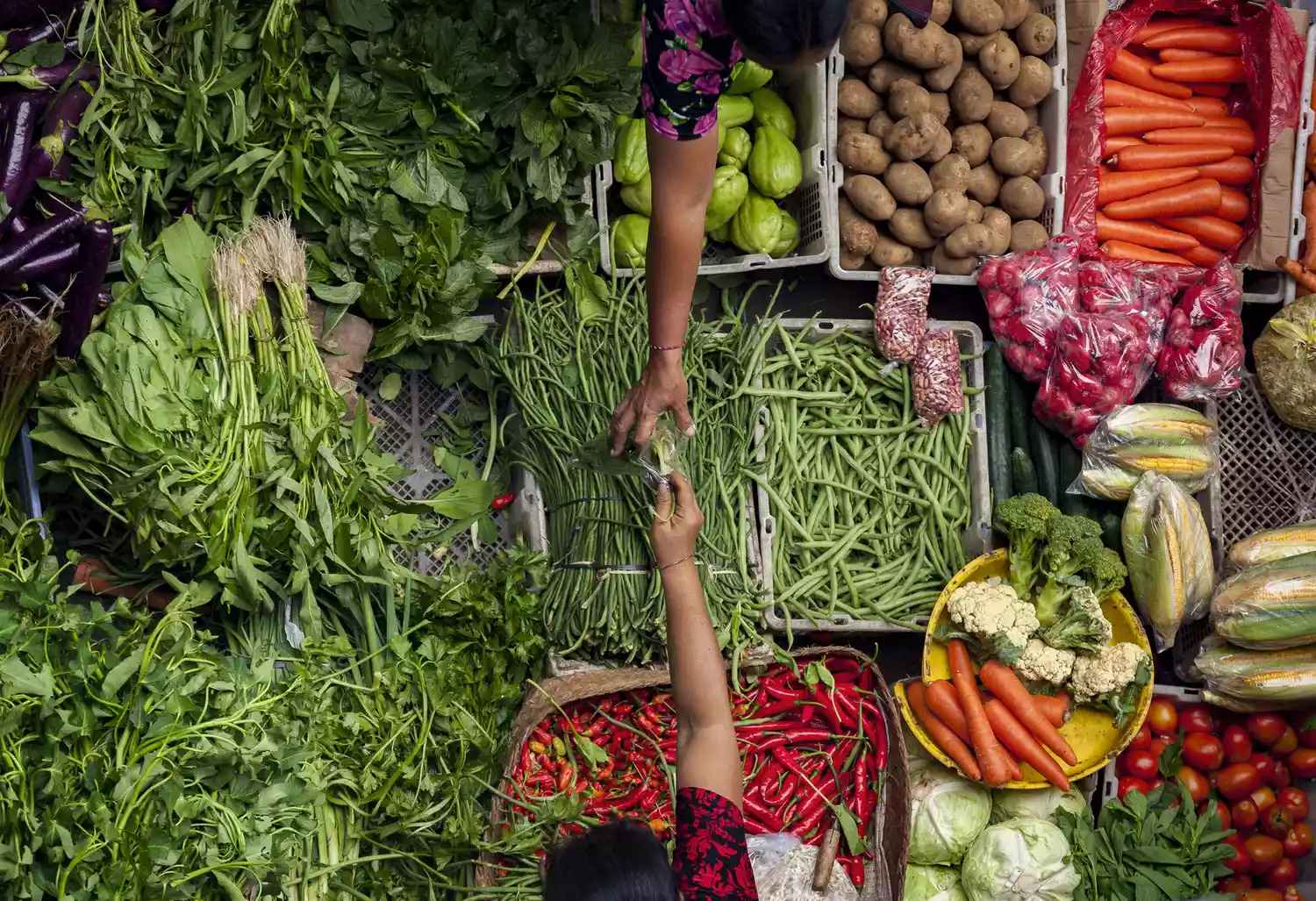
Africa, with its vast agricultural potential and diverse ecosystems, stands at the forefront of a transformative journey towards sustainable development. As the continent grapples with the challenges of food security, climate change, and economic growth, reimagining and reshaping agrifood systems emerge as crucial catalysts for positive change. Let’s dive into the key components of agrifood systems that can pave the way for a prosperous and resilient Africa.
Sustainable Farming Practices:
1.Regenerative Agriculture: Embracing regenerative farming practices can enhance soil health, reduce erosion, and promote biodiversity. Agroecological approaches, including intercropping and crop rotation, contribute to increased yields while preserving the long-term fertility of the land.
2. Precision Farming: Harnessing technology for precision farming enables farmers to optimize resource use. Smart irrigation, drone technology, and data-driven decision-making empower farmers to enhance productivity and minimize environmental impact.
Access to Technology and Innovation:
1. Digital Agriculture: The integration of digital technologies, such as mobile applications and precision agriculture tools, can bridge information gaps for farmers. This facilitates real-time weather updates, market information, and access to financial services, empowering farmers to make informed decisions.
2. Innovative Farming Techniques: Promoting the adoption of innovative techniques, such as hydroponics, aquaponics, and vertical farming, can enable year-round cultivation and increase the efficiency of resource use. These methods are particularly relevant in urban and peri-urban areas.
Infrastructure Development:
1. Transportation Networks: Enhancing transportation infrastructure is pivotal for connecting rural farmers to urban markets. Improved roads and logistics can reduce post-harvest losses and ensure timely delivery of produce to consumers.
2. Storage Facilities: Establishing cold storage and warehouse facilities is critical for minimizing food wastage. These facilities help in preserving the quality of perishable goods and enable farmers to store surplus produce for times of higher demand.
Empowering Smallholder Farmers:
1. Access to Finance: Ensuring smallholder farmers have access to financial resources is vital. Microfinance initiatives and community-based lending can provide the necessary capital for investments in seeds, equipment, and technology.
2. Capacity Building: Providing training and education programs for farmers on modern agricultural practices, financial literacy, and sustainable land management can empower them to make more informed and resilient choices.
Climate-Resilient Agriculture:
1. Drought-Resistant Crops: Developing and promoting drought-resistant crop varieties can mitigate the impact of climate change on agriculture. Research and investment in resilient seeds can safeguard food production in the face of unpredictable weather patterns.
2. Agroforestry Practices: Integrating agroforestry practices into farming systems helps in creating resilient ecosystems. Trees provide shade, reduce soil erosion, and contribute to biodiversity, fostering long-term sustainability.
The development of agrifood systems in Africa holds the key to unlocking the continent’s immense agricultural potential. By embracing sustainable farming practices, harnessing technology and innovation, improving infrastructure, empowering smallholder farmers, and building resilience to climate change, Africa can build a robust and inclusive agrifood system. The journey towards sustainable development in Africa is a collective effort, where collaboration between governments, private sectors, and local communities can pave the way for a thriving future. As we sow the seeds of change, let us nurture the growth of agrifood systems that not only feed the present but sustain the generations to come.



